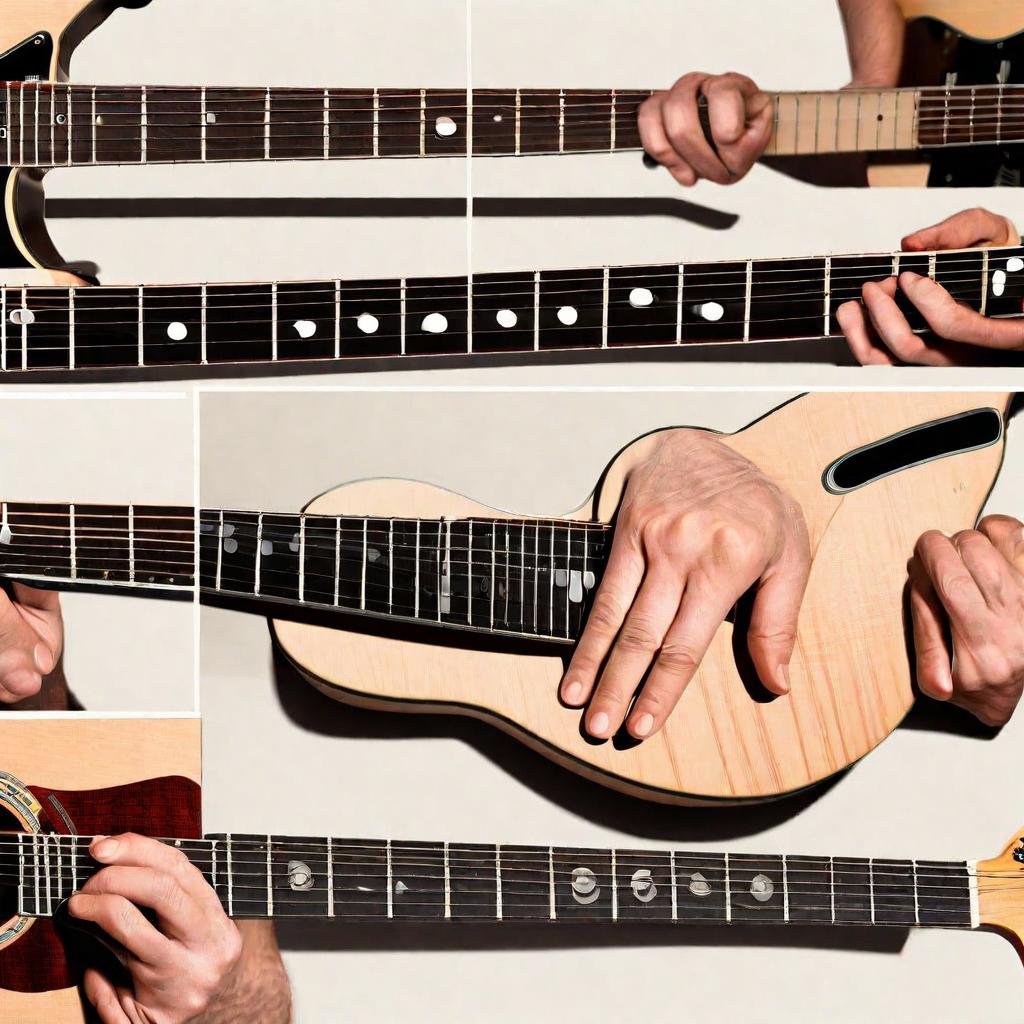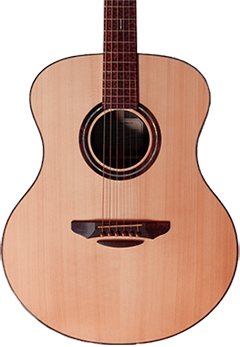- Introduction: Why Guitar Scales Are Essential
This section sets the stage by addressing the importance of guitar scales for musicians of all skill levels. It explains why learning scales can seem tedious for beginners but highlights their significance in shaping your overall guitar journey.
Introduce some common challenges beginners face when learning guitar scales, like understanding patterns or fretboard navigation.
Clarify how mastering guitar scales will drastically improve your technical skills and help you progress from a beginner to a professional guitarist.
End this section by offering a sneak peek of what readers can expect from the blog post and the transformational benefits of learning guitar scales. - Understanding the Basics: What Are Guitar Scales?
Define guitar scales and explain their foundational role in music theory and guitar playing. Scales are essentially a series of notes arranged in ascending or descending order that form the basis for melodies, solos, and even chord progressions.
Use visuals or diagrams to show how guitar scales are constructed using notes, intervals, and patterns.
Discuss how scales like the major and minor scales are building blocks for more complex structures, making it crucial for every guitarist to understand these basics.
Reinforce the idea that knowing guitar scales is not just about memorizing patterns—it’s about grasping the language of music itself. - The Benefits of Learning Guitar Scales
This section delves into the transformative benefits of learning guitar scales and how they impact your overall playing ability.
a. Improved Finger Dexterity and Technique
Discuss how practicing guitar scales strengthens your fingers, enhances your finger placement accuracy, and improves your overall technique.
Explain how regularly playing scales can build muscle memory and agility, which are essential for executing complex solos and riffs.
b. Better Understanding of the Fretboard
Highlight how learning guitar scales helps you familiarize yourself with the fretboard, making it easier to identify notes and play confidently across all positions.
Explain how scale practice trains your brain to see patterns and positions on the fretboard, ultimately reducing your reliance on tablatures and enabling more creative improvisation.
c. Enhancing Creativity and Musical Expression
Discuss how knowing guitar scales provides a framework for improvisation, helping you break free from repetitive licks and clichés.
Emphasize that understanding scales allows you to add emotion, dynamics, and variety to your solos and melodies, giving your playing a more professional touch.
- From Beginner to Pro: A Step-by-Step Guide to Mastering Scales
This section provides a roadmap for beginners to gradually master guitar scales and move toward advanced levels.
a. Start with the Basics: Major and Minor Scales
Introduce the major and minor scales, explaining why they are fundamental for every guitarist to learn. The majority of Western music is built around them.
Provide step-by-step instructions or links to resources on practicing these scales effectively, including finger placements and patterns.
b. Dive into Pentatonic Scales
Talk about the pentatonic scales (both major and minor), which are easy to learn and frequently used in rock, blues, and pop music.
Explain why pentatonic scales are often the first scales guitarists use for soloing and how they provide a gateway to more complex scales.
c. Master the Modes: Taking It to the Next Level
Introduce the concept of modes (e.g., Dorian, Mixolydian, Lydian, etc.) and how they provide a deeper understanding of guitar scales.
Offer examples of famous songs or solos that utilize these modes, illustrating how mastering them can add color and sophistication to your playing.

- Tips for Practicing Guitar Scales Effectively
Offer practical advice for practicing guitar scales efficiently to avoid burnout and frustration.
Use a metronome: Explain how practicing scales with a metronome can help build timing and precision, encouraging players to start slow and gradually increase speed.
Practice in different keys: Show how moving the same scale shape to different fretboard positions helps build familiarity with the entire fretboard.
Incorporate scales into your warm-up routine: Recommend starting every practice session with a few scale exercises to improve finger flexibility and technique. - How Learning Scales Transforms Your Playing: Real-World Applications
This section shows readers the tangible ways in which understanding guitar scales can revolutionize their playing and musicianship.
a. Creating Powerful Solos
Discuss how great guitar solos are built using guitar scales and how knowledge of scales allows you to craft solos that are both melodic and technically impressive.
Provide tips on using scales to build tension, release, and emotional impact in solos.
b. Building Chord Progressions and Harmonies
Explain how guitar scales help you choose which chords sound good together and why certain chords fit naturally within a scale.
Offer examples of how to use scales to create harmonious chord progressions.
c. Songwriting and Composition
Show how understanding guitar scales can inspire songwriting by offering a palette of notes and chords to work with.
Include examples of famous riffs or melodies built using specific scales to demonstrate their impact on popular music.
- Common Mistakes to Avoid When Learning Scales
Memorizing patterns without understanding the theory: Point out that learning guitar scales should go beyond memorization; understanding why scales work is crucial for creativity and improvisation.
Focusing only on speed instead of accuracy and musicality: Discuss how playing fast scales without accuracy can lead to sloppy technique and lack of expression.
Neglecting to apply scales in real playing situations: Explain the importance of using scales in solos, riffs, and songwriting, rather than just practicing them in isolation. - Conclusion: Becoming a Well-Rounded Guitarist
Sum up the core message: learning guitar scales is not just a technical exercise; it’s the key to unlocking your musical potential.
Encourage readers to stay consistent in their practice, apply scales creatively in their playing, and continue exploring new scales and patterns.
End with a motivational call-to-action, urging readers to pick up their guitars and start their scale practice today for a noticeable transformation in their playing.


